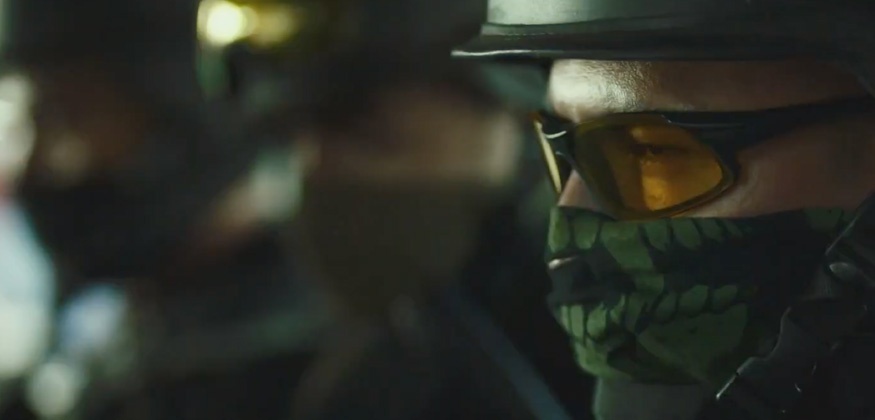
Our film noir and TV correspondent Dennis Broe rounds up the best crime films and shows appearing at this year’s Venice Film Festival
Multiple crimes were spotlighted at the 2019 Venice Film Festival, which wound up on 7 September. These included high finance and tax evasion in Steven Soderbergh’s The Laundromat focused in on financial crime and The Panama Papers. There was motorcycle jacking and trafficking in infants in the Italian working class drama Sole, as well as migrant trafficking in Tony Driver, a film that takes the side of those trying to cross the border and in telling its story reinvents the tired clichés of reality TV series such as Cops and America’s Most Wanted.
The crimes we are committing against our planet were highlighted too, with a final day march by protestors onto the red carpet, decrying the planet’s devastation and the continual erosion of the Venetian ecosystem thanks to a constant invasion by large cruise ships. They were seconded by Mick Jagger and Donald Sutherland, on the carpet for the premier of a highly cynical noir movie about the art world The Burnt Orange Heresy. The presence of Roman Polanski’s film at the festival was also questioned, particularly by the US press.
With all that going on, we investigated five highly enjoyable and socially engaged entries from film genres including noir, espionage and documentary exposés. Watch out for them at your local movie theatre in the coming months…
5 – ZeroZeroZero
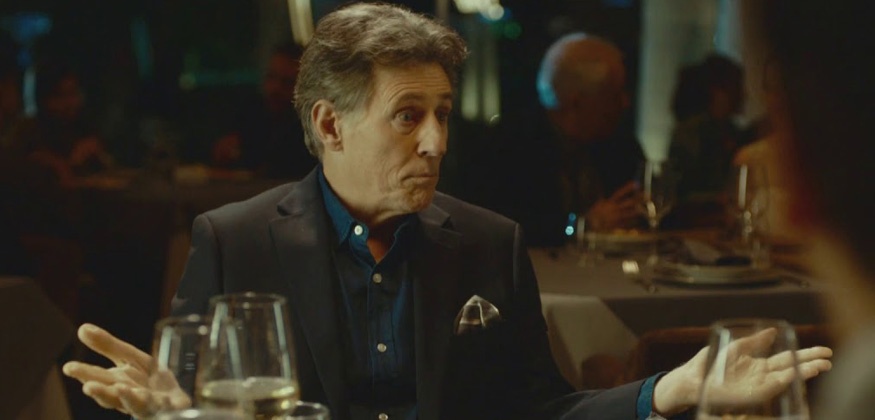
Co-produced by Sky, Amazon and Canal Plus, ZeroZeroZero is a response to Narcos Netflix. Based on Gomorrah co-creator Roberto Saviano’s book about the global cocaine traffic, the series follows a shipment of the white powder crucial to the fortunes of three groups. The buyers are the Calabrian mafia, the ‘Ndrangheta, in the tiny town of Agriponte where their mafia don, sheltered in an underground bunker, watches his sheep on video surveillance. The sellers are a cartel both hindered and aided by a Mexican army squad, with the show’s best scene revealing how the unit is corrupted en masse by their sergeant. The brokers are a New Orleans family headed by the show’s international star, Gabriel Byrne, who claims that cocaine is what undergirds the world economy. Without trafficking his shipping firm would go bust. What is unique about the series and what links it to Gomorrah is its preoccupation with the intricacies of and impediments to the shipment. The drug is essentially the lead character making its way to its destination.
4 – Saturday Fiction
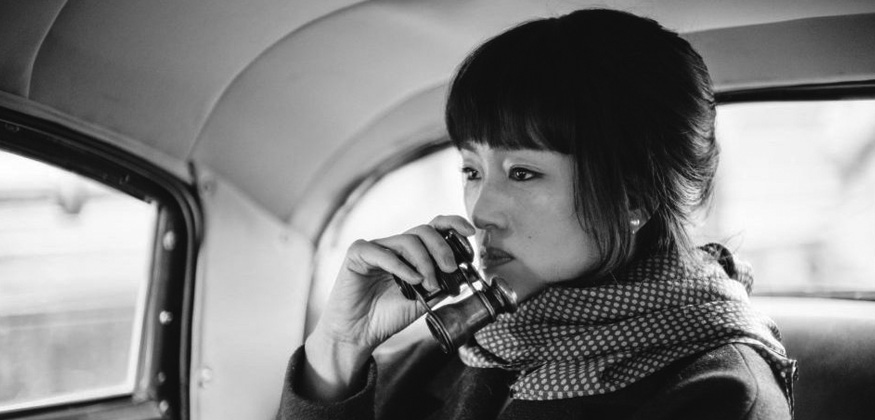
Neither a noir nor a crime film, but a Chinese spy story set in Shanghai just before the Japanese invasion of Pearl Harbour with the city awash in intrigue centered around its ‘free zones’ where the French and British continued to operate their colonial enterprises. Into this quagmire comes a theatre and film actress (international star Gong Li) whose motives for returning to the city at first seem obscure. Li, the star of Red Sorghum and Raise the Red Lantern, is initially presented as passive/seductive Mata Hari in Chinese cinema fifth-generation mode but ultimately emerges as a sixth-generation action hero a la A Touch of Sin as she mows down the fascist invaders. The transformation takes a while but, ultimately, as her commitment to fighting the fascists becomes clear, the film, shot in black and white and in a classical 40s studio style, emphasises its visual and thematic parallels to Casablanca, only this time instead of a now committed Humphrey Bogart, the actress transforms herself into a battling dynamo – Ingrid Bergman with a machine gun.
3 – Seberg
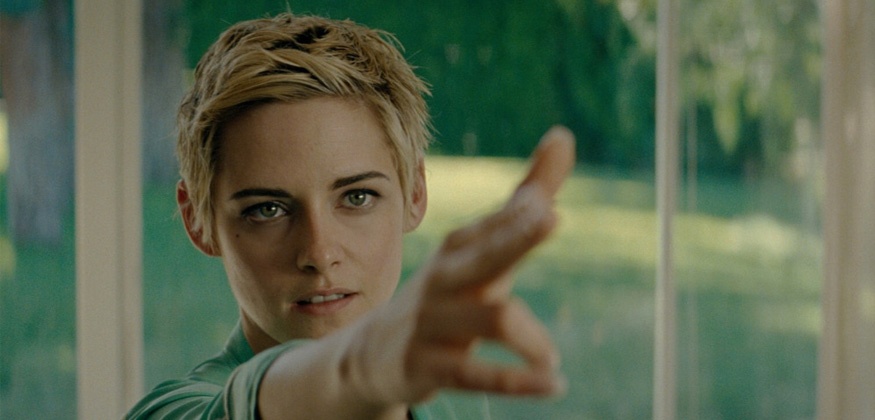
Amazon’s film entry at the festival is a spy story told from the point of view of the victim, recounting the FBI’s surveillance and attempts to undermine the sanity of the actress Jean Seberg. Kristin Stewart stars as the 1950s actress, first seen tortured by Otto Preminger in Saint Joan and then persecuted by Hoover’s agency for her 1960s support of The Black Panthers. ‘You’re not paranoid if they really are following you,’ went the old adage, though this film maintains that in Seberg’s case they both assertions were true. The film certainly has some problems, including a single-minded focus on the actress’ mental torture by the COINTEL program. The best part of the film is how it explains that the FBI was, and probably still is, engaged in not just a surveillance programme but one that actually sought to inflict mental damage on its targets through a series of dirty tricks that use the information gained in this tracking.
2 – An Officer and a Spy
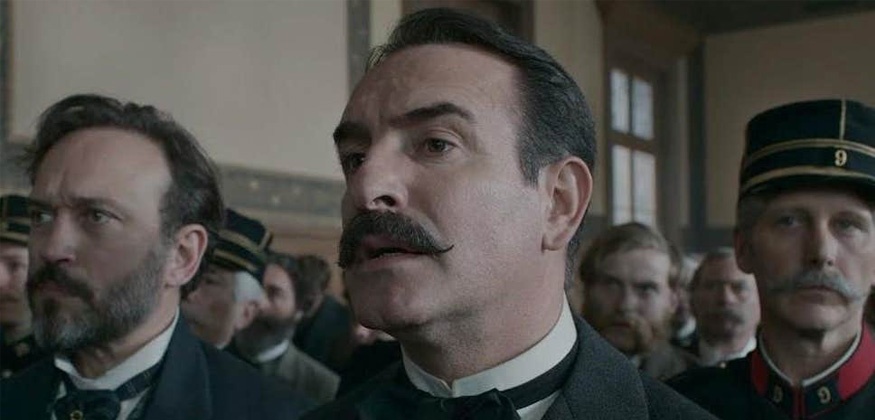
Yes, Polanski is probably using this extremely matter-of-fact retelling of the Dreyus Affair to comment on what he feels is his own persecution but, that aside, the film serves a much wider and better purpose. This a spy story about how a new appointee to head French intelligence slowly discovers that the Jewish officer Alfred Dreyfus was framed and convicted by the highest echelons of a French society riddled at every level by antisemitism. The officer, played by Jean Dujardin, investigates and discovers that the French elite would rather allow an actual German spy to go free than admit their prejudice. There is a compelling scene where the intelligence head is followed himself and an eventual railroading of him into prison for maintaining Dreyfus’ innocence. The film is not just about antisemitism but also about the way the army is just as much tasked with maintaining internal order and propriety as with defending the country’s borders. It’s relevance is not primarily to Polanski’s personal crime but to the mechanisms of order that are for example currently persecuting truth tellers like Chelsea Manning and Julian Assange.
1 – Citizen Rosi
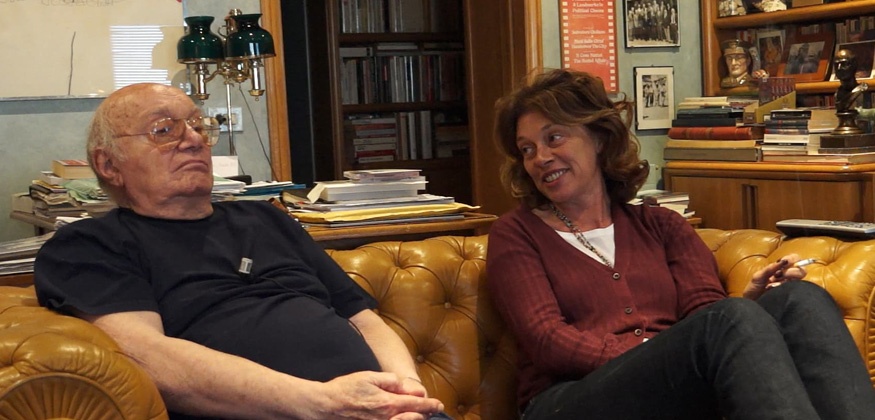
Perhaps a strange choice for the number one crime film but this documentary on the work of the Italian director Francesco Rosi by his daughter received a seven-minute standing ovation at its premiere, the same amount of time as Joker, now headed for an Oscar. Rosi was the primary exposer in his films of the links between the mafia, the Italian state and foreign and local business interests. Carolina Rosi not only provides a tribute to her father’s trailblazing work but also investigates herself and reveals how subsequent examinations have confirmed Rosi’s premises. She also discusses the way Rosi found a new cinematic style that alternated between fiction and straight reportage. The Mattei Affair for example accuses a range of international oil interests of hiring the mafia to assassinate the Italian minister who wanted to decrease Italy’s energy bill by securing oil from Africa. Carolina cites a magistrate’s report that the plane crash that killed him was not an accident but was the result of a bomb planted on the plane and that everywhere at the airport were the traces of the mafia. When a reporter Rosi hires to research Mattei’s last days is killed, Rosi inserts himself into the film to become a detective on the trail of the murderers. This documentary as well as Rosi’s films are worth seeking out and watching.
Dennis Broe is the author of Birth of the Binge: Serial TV and The End of Leisure. His other books include: Film Noir, American Workers and Postwar Hollywood; Class, Crime and International Film Noir; and Maverick or How the West Was Lost. His noir novel Left of Eden will be published this fall.








